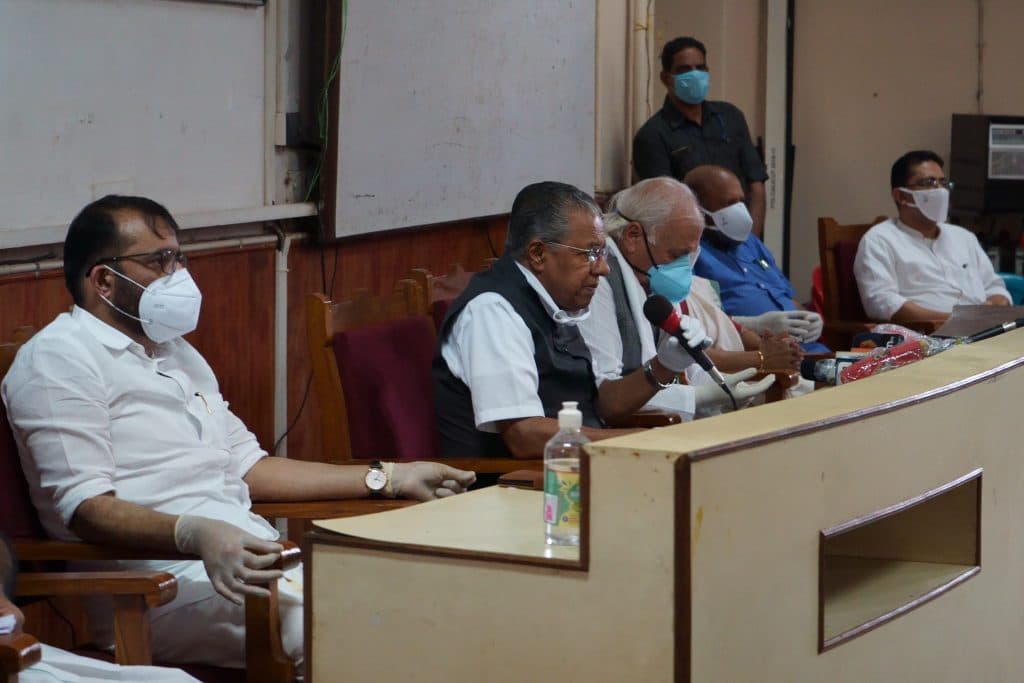
On Tuesday, the Kerala Left Democratic Front (LDF) government informed the Kerala High Court that the government is taking steps to withdraw the recently introduced controversial Section 118A of the Kerala Police Act which was inserted through an ordinance.
The Kerala High Court recorded the submission made by Additional Advocate General KK Ravindranath that there will be no adverse action, registration of FIRs or suo moto cognisance based on the amendment to the state Police Act.
The bench of Chief Justice S Manikumar and Justice Shaji P Chaly, was hearing a batch of petitions challenging the ordinance as unconstitutional for being an unreasonable restriction on free speech.
On Monday, amid widespread protest, Kerala Chief Minister Pinarayi Vijayan said taking into account all the criticism, the state has decided not to implement Section 118A of the Kerala Police Act now.
Decision on the law will be taken after consultation with MLAs in the state assembly, he said.
“With the announcement of the amendment, different views arose from different quarters. Concerns were expressed by those who supported LDF and those who stood for protection of democracy. In this situation, it’s not intended to amend the law,” Vijayan told media.
Law experts, rights activists, and opposition leaders criticised the Kerala government for signing the Kerala Police Act Amendment ordinance, envisaged by the Left government in the state, saying it was a move aimed at muzzling media and free speech.
According to the latest ordinance, a police officer can suo motu register a case against the accused and arrest him.
Section 118A reads: “whoever makes, expresses, publishes or disseminates through any kind of mode of communication, any matter or subject for threatening, abusing, humiliating or defaming a person or class of persons, knowing it to be false and that causes injury to the mind, reputation or property of such person or class of persons or any other person in whom they have interest shall on conviction, be punished with imprisonment for a term which may extend to three years or with fine which may extend to ten thousand rupees or with both.”



